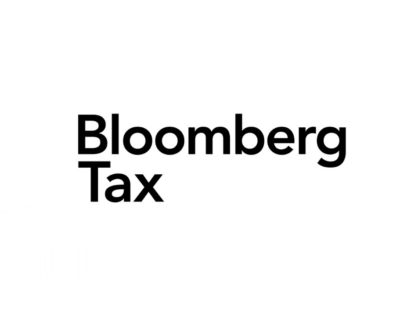Jurisdiction Under Scrutiny: 16 Things to Know About Transfer Pricing in the Netherlands

- Transfer pricing is regulated by the Dutch Tax and Customs Administration (DTCA).
- TP documentation is required to be prepared annually, and it’s required for both international and domestic transactions.
- Transfer pricing documentation requirements are lodged in Article 8b(3) of the Corporate Income Tax Act 1969, with additional requirements in Articles 29b to 29h of the Corporate Income Tax Act.
- The Netherlands has a threshold of €50 million consolidated revenue applicable to the master file, local file, and country-specific transfer pricing documentation.
- There is no requirement for transfer pricing documentation to be submitted to DTCA, but it should be completed by the due date or extended due date of the return, which may be up to 16 months.
- Companies have 15 days to submit transfer pricing documentation when requested by the DTCA—a short turnaround time that emphasizes the importance of preparing documentation contemporaneously.
- Failing to produce the master file, local file, or transfer pricing documentation upon request typically results in the reversal of the burden of proof, putting the company at a disadvantage.
- While the Netherlands has adopted the OECD BEPS format, the tax authorities also require an additional transfer pricing document conforming to Dutch law, which goes beyond BEPS recommendations. In effect, while BEPS was to simplify transfer pricing compliance requirements, some countries, like the Netherlands, have retained their local compliance in addition to the BEPS-recommended documentation. Before BEPS, you had one report; following BEPS, you now have four reports to produce.
- Branches and PEs are also required to adhere to DTCA transfer pricing documentation requirements.
- Transfer pricing documentation can be submitted in Dutch or English.
- Dutch corporate income taxpayers must disclose on the corporate income tax return if they have participated in the cross-border transfer of tangible and intangible fixed assets during the fiscal year.
- Financial arrangements are of special interest in the Netherlands. The Dutch authorities are looking into the various ways companies may go about financing different financial instruments and their potential to avoid any type of restrictions or regulatory efforts. Cross-financing between brother-sister companies, attempts to circumvent mandated reporting, all come to mind for areas that would be of interest to tax authorities.
- Pan-European benchmarks are acceptable.
- A multiple-year analysis is preferred, and it’s a common practice in the Netherlands.
- The interquartile range is preferred.
- While you can simply update financial benchmarking data, it’s considered a best practice to perform a new benchmark analysis annually, especially during unsettled economic times.








